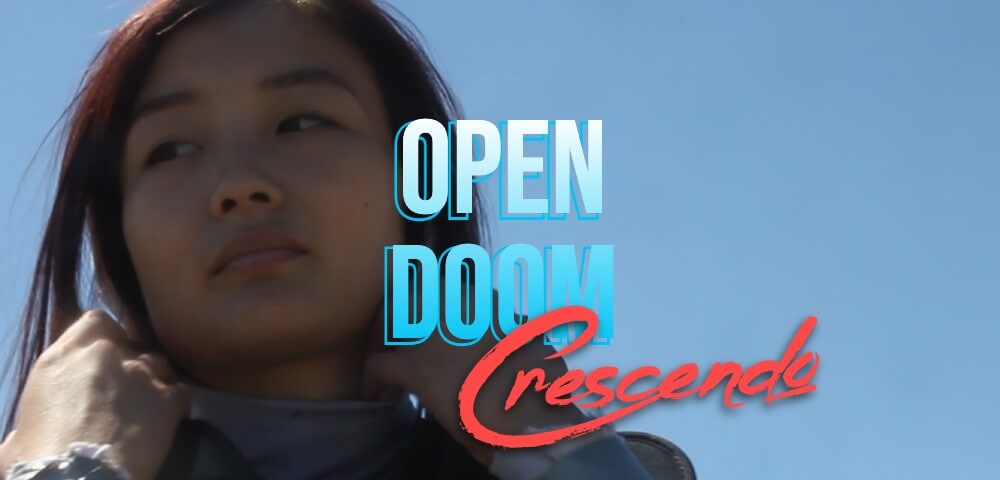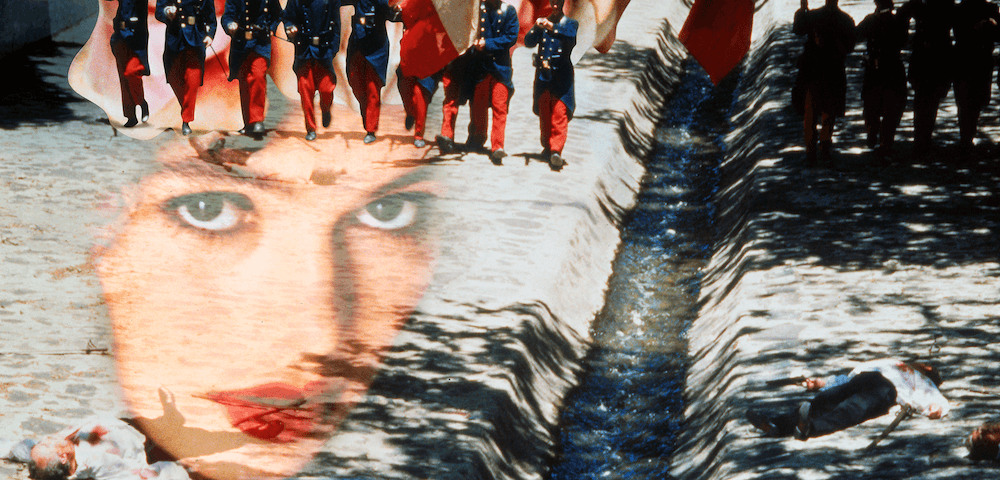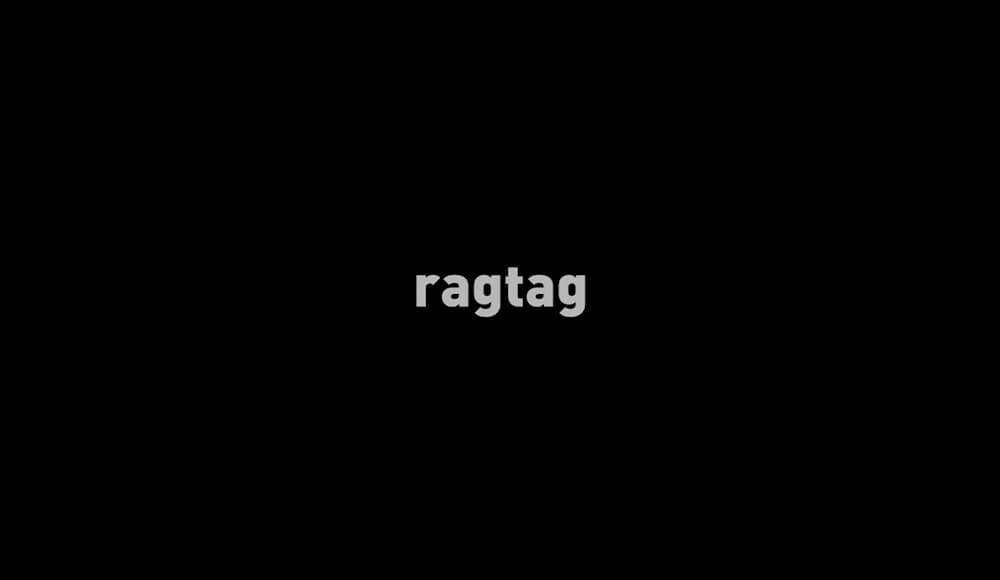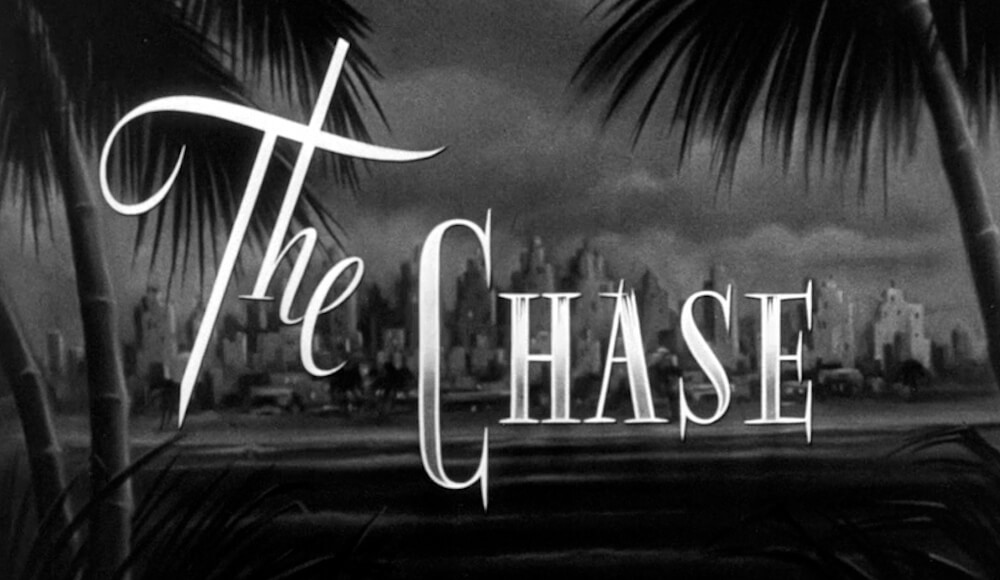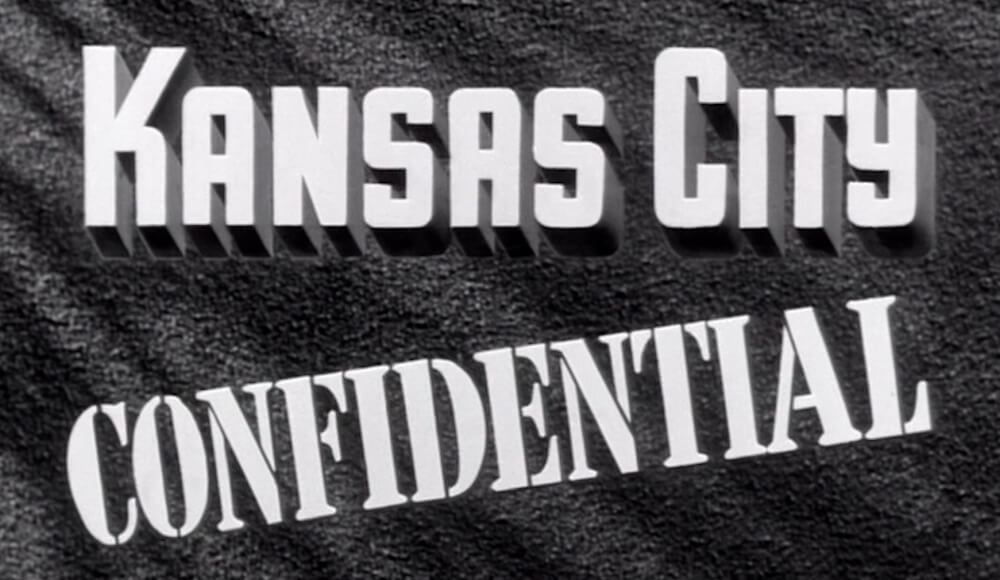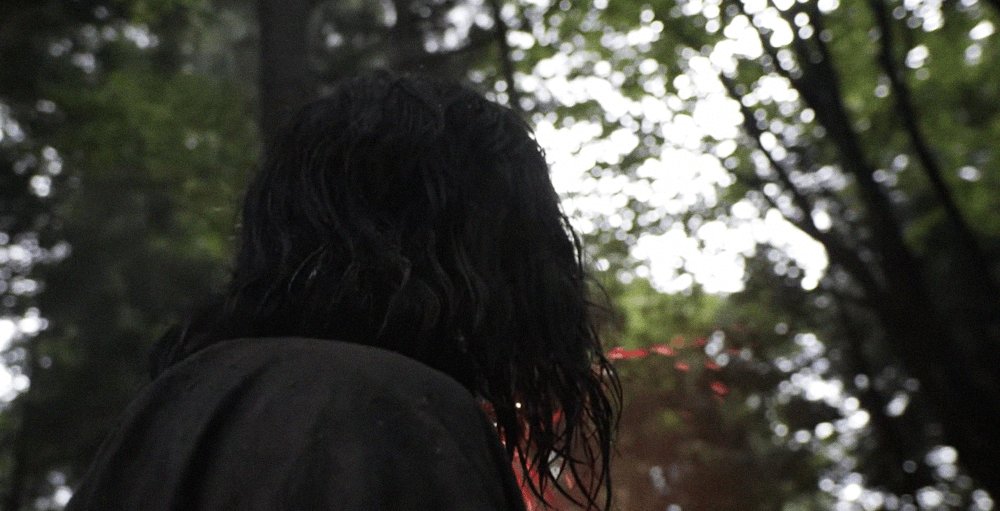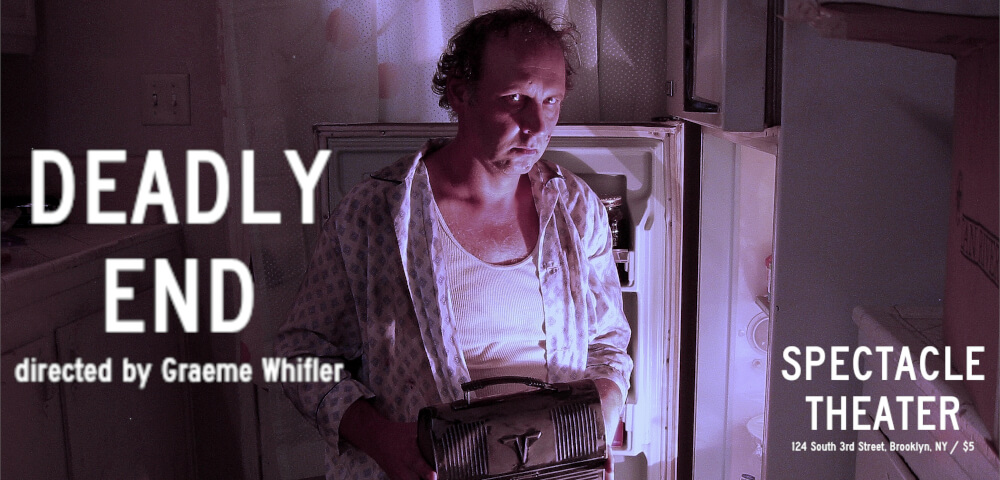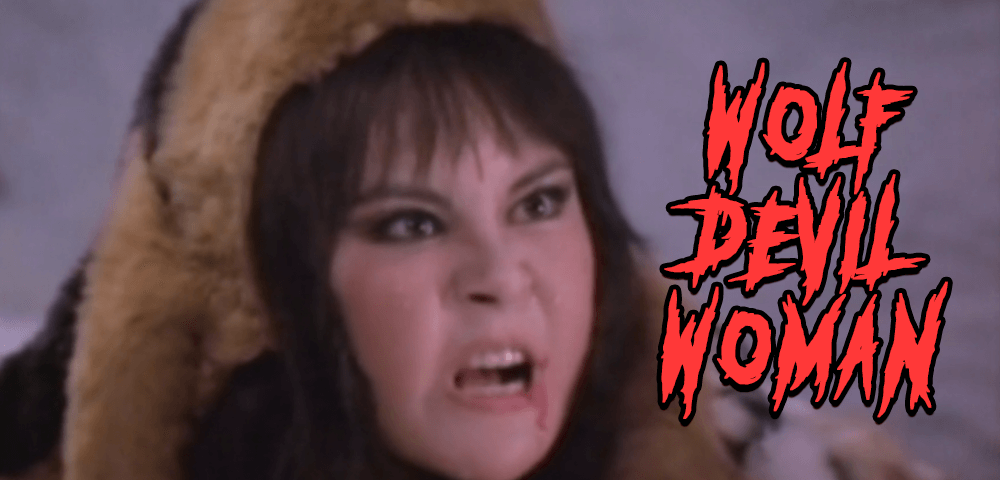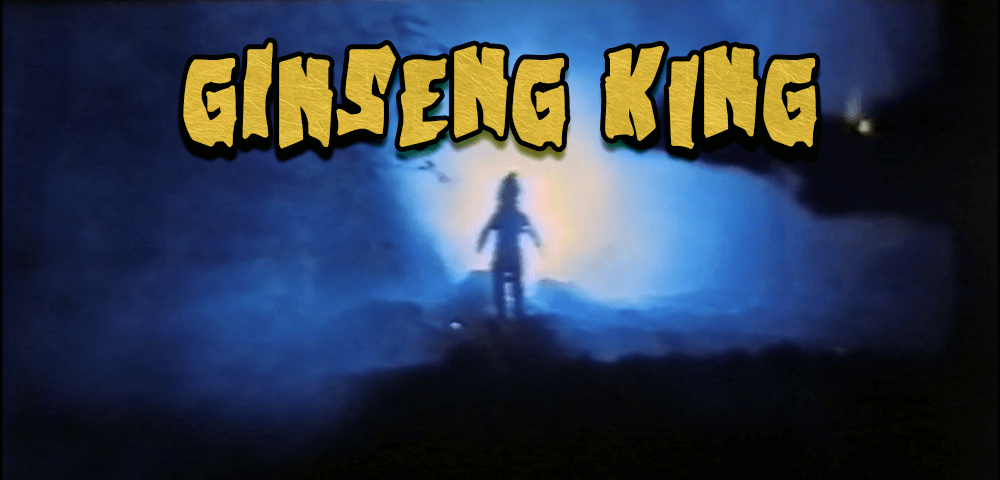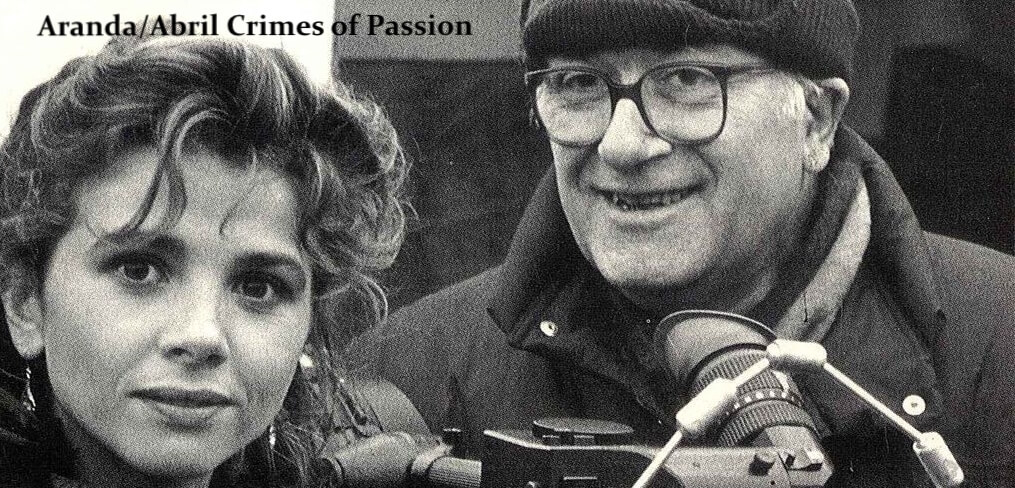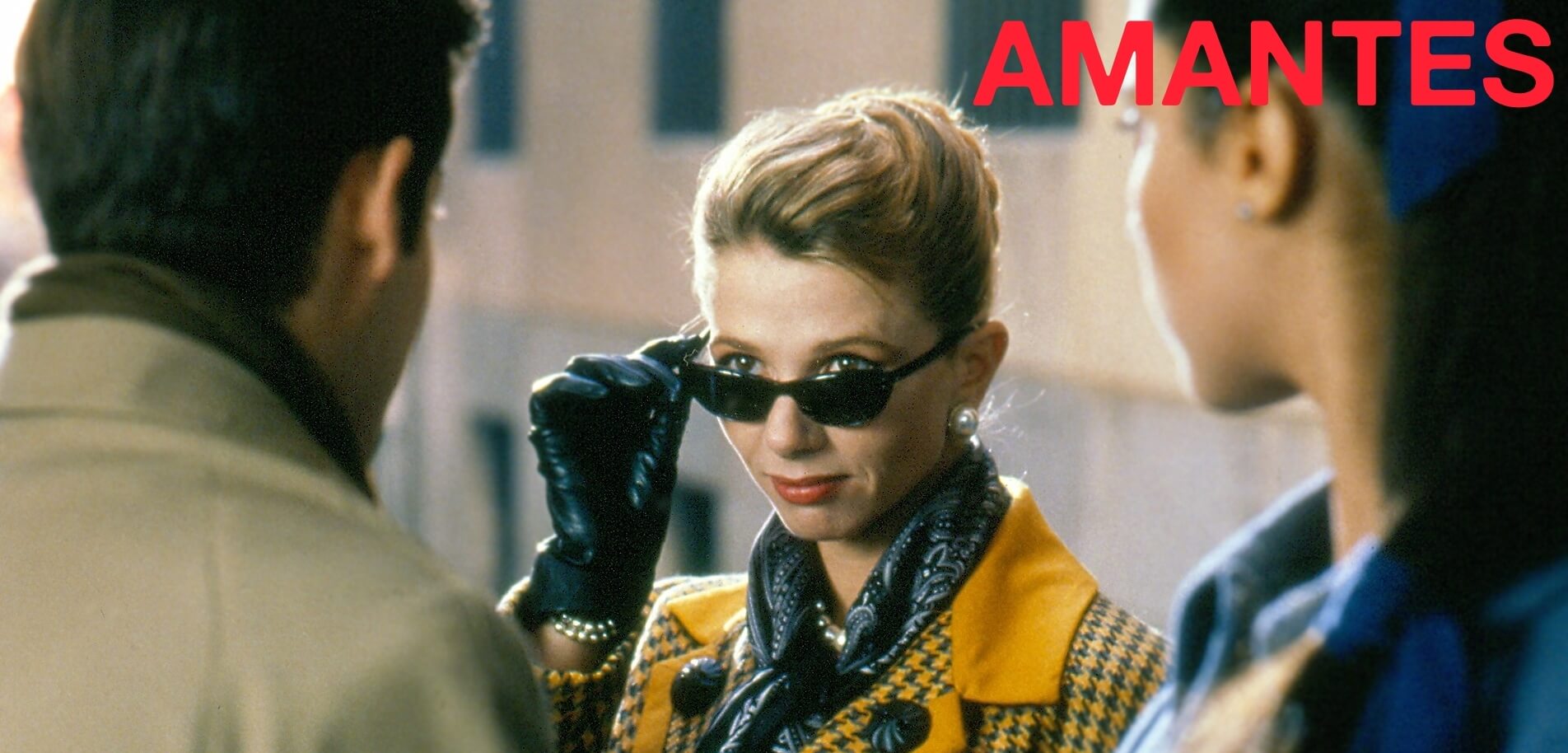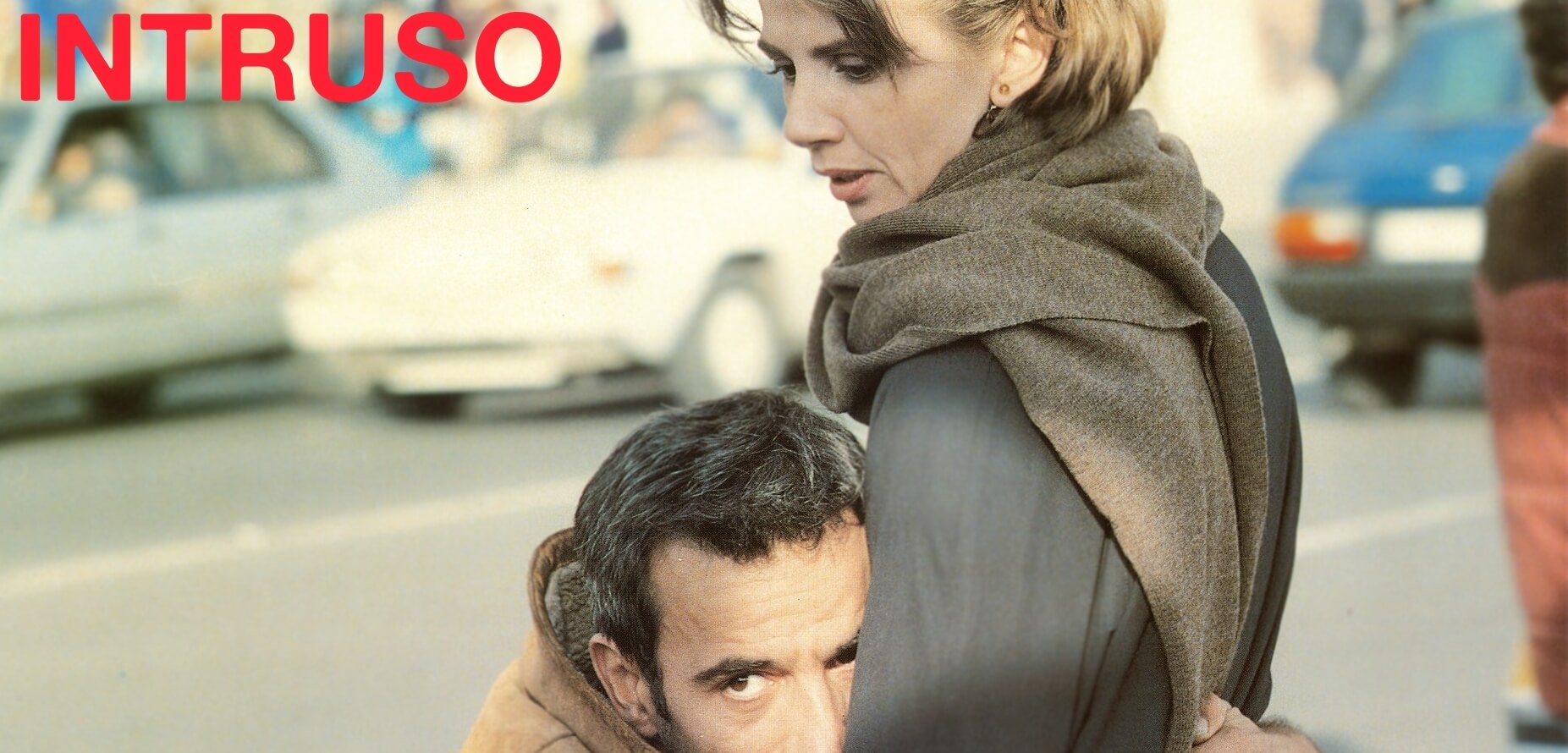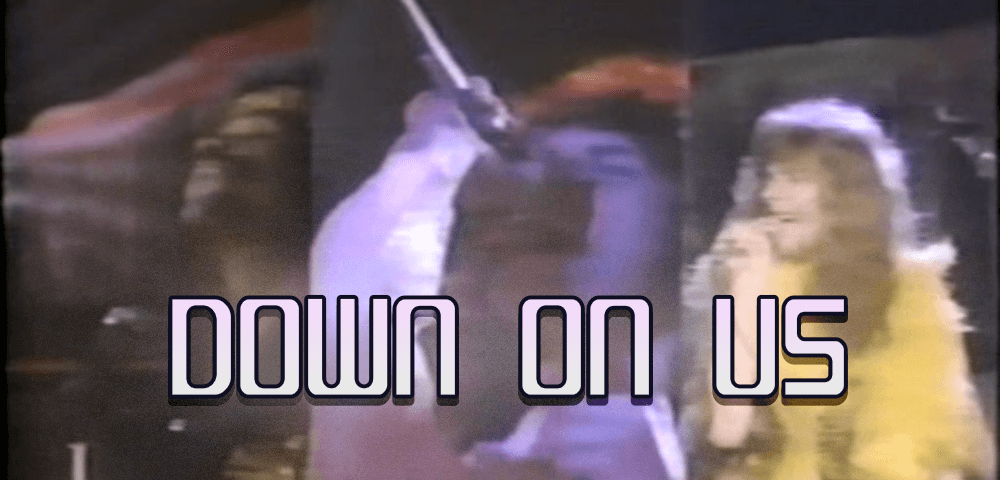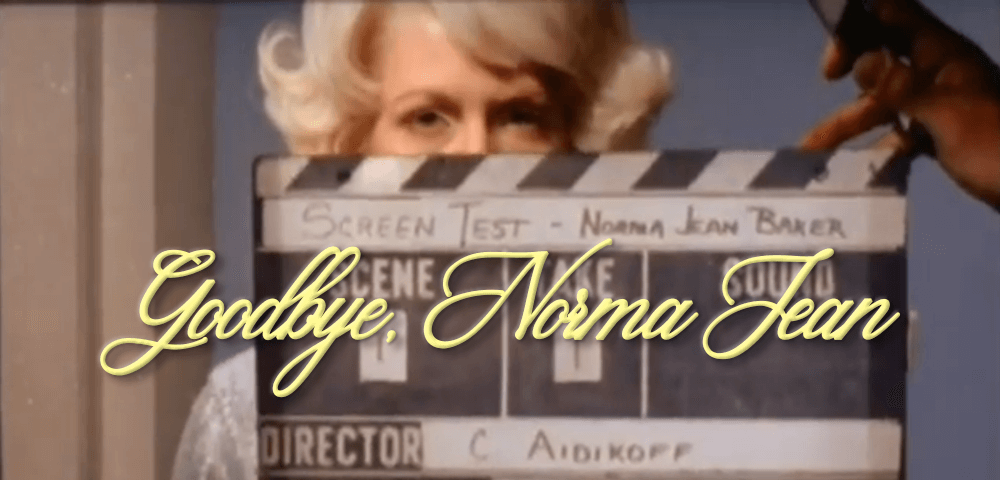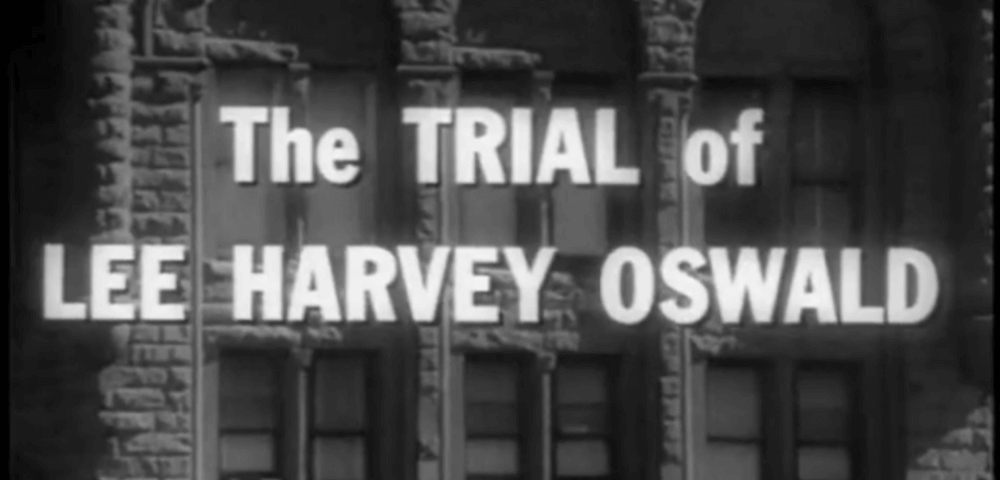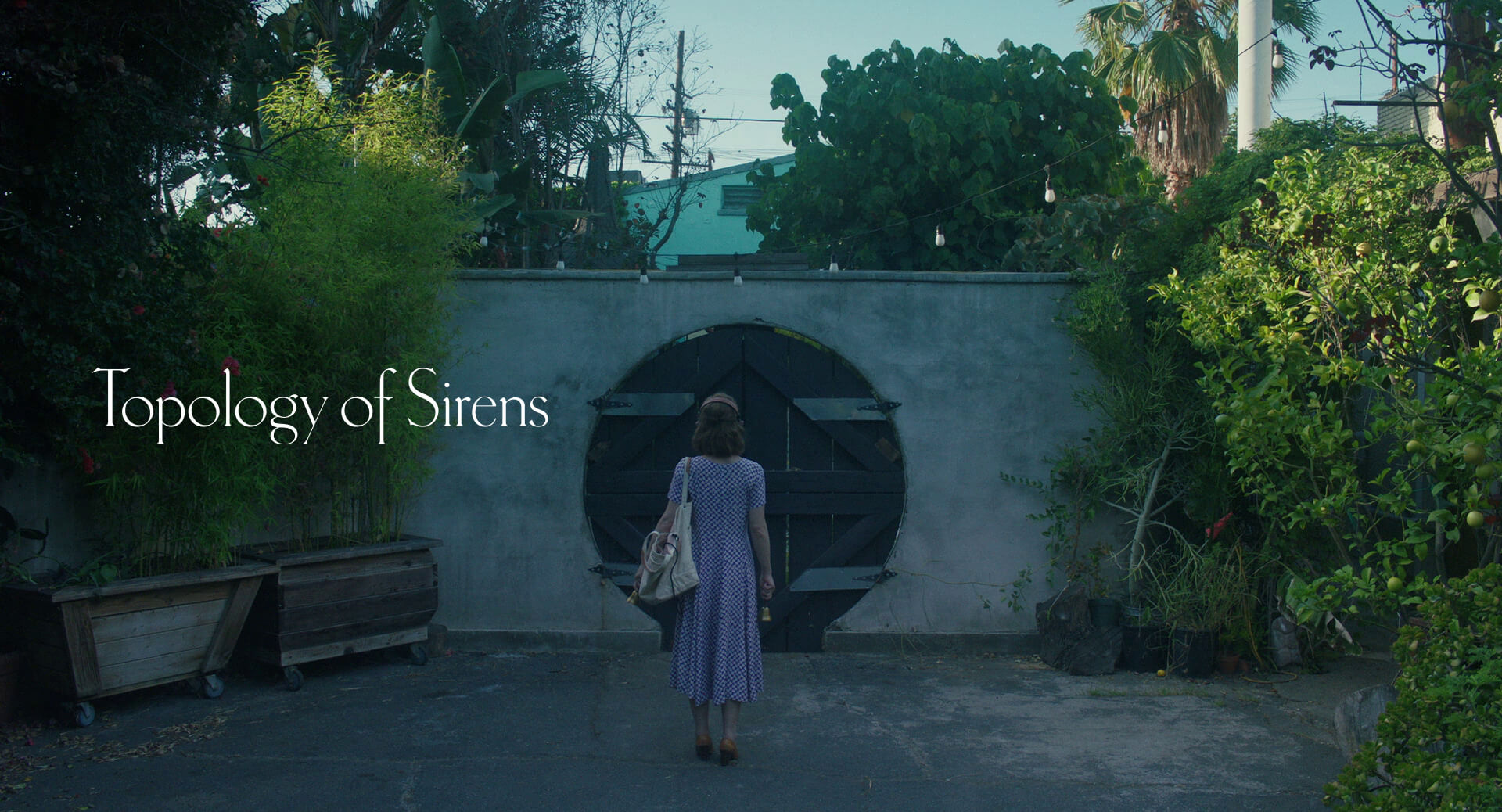
The success of HALLOWEEN (1978) was a formative moment for the modern slasher movie. Between 1978 and 1984, over 100 slasher movies were produced, many by major Hollywood studios, ushering in the slashers’ Golden Age.
By the end of 1984, audiences were fatigued with the genre, and the televised trailer for SILENT NIGHT, DEADLY NIGHT was the final nail in the slasher coffin. The grizzly commercial depicted a man dressed as Santa going on a killing spree, and parents turned out in droves to protest the movie, eventually forcing the studio to pull the film from theaters.
The critical reception of SILENT NIGHT, DEADLY NIGHT had a chilling effect on most major studios’ appetite for slasher films; but the rise of VHS brought life back to the genre. 1984 to 1994 became the slashers’ Silver Age, defined by gory low-fi masterpieces not suitable for public consumption.
This summer, Spectacle invites you to experience six underrated movies over two months from the Golden and Silver Age of Slasher. These films are tailor-made for horror superfans who find themselves intrigued by art that inspires opposition and public outrage.
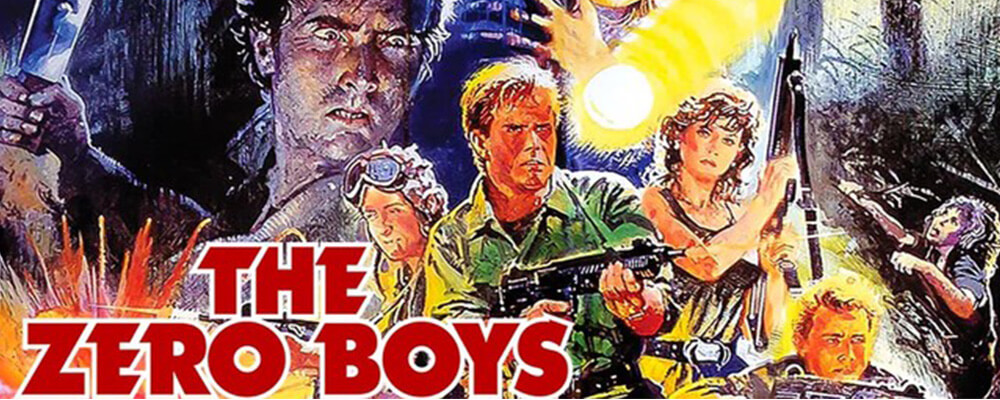
THE ZERO BOYS
Dir. Nico Mastorakis, 1986
United States. 89 min.
In English.
WEDNESDAY, AUGUST 2 – 10 PM
FRIDAY, AUGUST 11 – MIDNIGHT
THURSDAY, AUGUST 17 – 7:30 PM
SATURDAY, AUGUST 26 – 10 PM
GET YOUR TICKETS!
A group of weekend warriors head to the woods to celebrate their latest victory and find themselves in a real-life survival situation.
Using the FRIDAY THE 13TH: PART 3 (1983) locations and featuring an early soundtrack by Hans Zimmer and Stanley Myers. THE ZERO BOYS is an excellent mix of 80’s action, survival and slasher movie. If you ever wondered how the victims of a slasher movie would fare with Uzis, then you don’t want to miss THE ZERO BOYS.
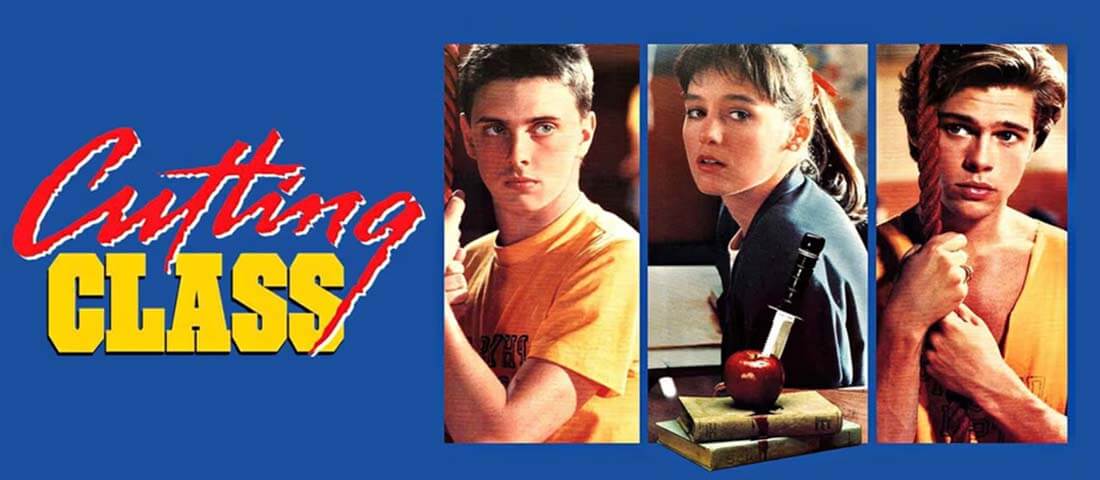
CUTTING CLASS
Dir. Rospo Pallenberg, 1989
United States. 91 min.
In English.
FRIDAY, AUGUST 4 – MIDNIGHT
TUESDAY, AUGUST 8 – 7:30 PM
SATURDAY, AUGUST 19 – 10 PM
THURSDAY, AUGUST 24 – 10 PM
GET YOUR TICKETS!
When Brian’s released from an institution, it’s not long before the murders begin again. It’s up to Paula and her boyfriend to work out if Brian’s up to his old tricks or if someone’s trying to frame him.
Many A-list actors started their careers in slasher movies. Tom Hanks was in HE KNOWS YOU’RE ALONE (1980), Johnny Depp played the lovable boyfriend in A NIGHTMARE ON ELM STREET (1984), and Kevin Bacon in FRIDAY THE 13TH (1980). For Brad Pitt, it was CUTTING CLASS, a bizarre hybrid of high school comedy and slasher film. This late 80’s genre entry is visually stunning with incredible costume design and a killer color pallet. Don’t miss your chance to rediscover this peculiar slasher, oozing with 80s charm.
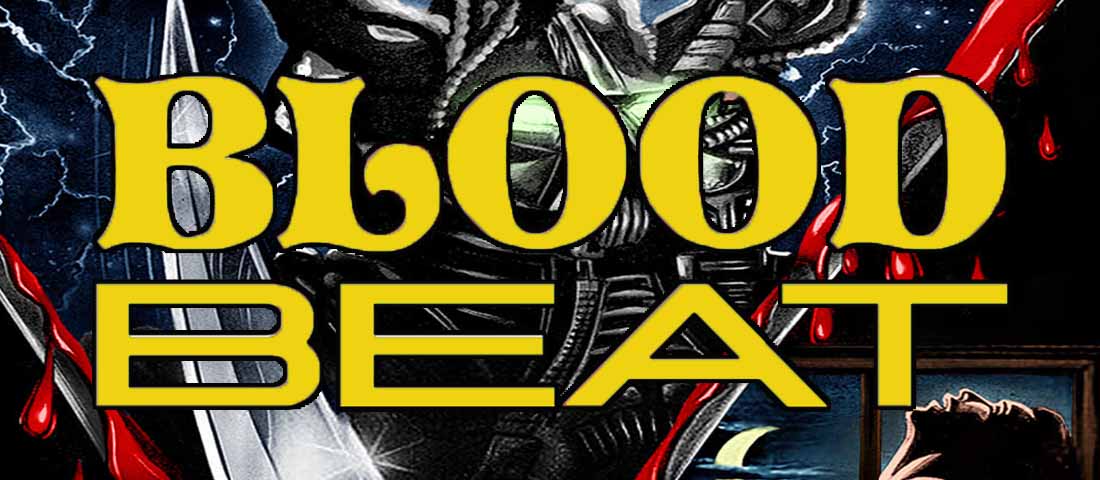
BLOOD BEAT
Dir. Fabrice-Ange Zaphiratos, 1983
United States. 87 min.
In English.
SATURDAY, AUGUST 5 – MIDNIGHT
WEDNESDAY, AUGUST 9 – 10 PM
SUNDAY, AUGUST 13 – 5 PM
FRIDAY, AUGUST 25 – 10 PM
GET YOUR TICKETS!
A young couple attends Christmas in rural Wisconsin where the spirit of a samurai warrior starts killing them off one by one.
By 1983, supernatural slasher movies were nothing new. THE BOOGEYMAN (1980), BLOODY BIRTHDAY (1981), and SUPERSTITION (1982) had already shocked audiences, but none of these films could prepare them for the insanity of BLOOD BEAT. With a title referring to the accelerated heart rate while high, it was, unsurprisingly, written under the influence. Crammed with wacky visuals, telekinetic battles, and a killer samurai, BLOOD BEAT is the definition of a movie intended to be enjoyed with an audience.

SILENT MADNESS
Dir. Simon Nuchtern. 1984
United States. 93 mins.
In English.
MONDAY, JULY 3 – 10 PM
FRIDAY, JULY 14 – MIDNIGHT
SATURDAY, JULY 22 – 10 PM
GET TICKETS
SATURDAY, JULY 8 – 7:30 PM in 3D! (This event is $10)
GET TICKETS
A computer error causes a killer to be released. Believing the killer will return to the scene of his crimes, Dr. Joan Gilmore goes undercover as a sorority sister to try and stop a second massacre.
The early 1980s saw a short-lived revival of 3D movies. Two slasher movies entered the third dimension during this period: FRIDAY THE 13TH PART 3 (1982), shot by HE KNOWS YOU’RE ALONE (1980) cinematographer Gerald Feil, and SILENT MADNESS. Feil would use what he learned on FRIDAY THE 13TH PART 3 to shoot SILENT MADNESS. Despite having a budget less than one-fourth the size of the F13 sequel, SILENT MADNESS holds its own with impressive special effects and a high body count.
For one night only, Spectacle presents Vinegar Syndrome’s restored version of SILENT MADNESS in Anaglyph 3D! (3D glasses are included with the price of admission)

SWEET SIXTEEN
dir. Jim Sotos. 1983
United States. 90 min.
In English.
SATURDAY, JULY 8 – 10 PM
SATURDAY, JULY 15 – MIDNIGHT
FRIDAY, JULY 28 – 5 PM
MONDAY, JULY 31 – 10 PM
GET TICKETS
When Melissa moves to a small town in Texas, it doesn’t take long for the boys to start noticing her. When those same boys turn up dead, the sheriff and his daughter must track down the killer before they strike again.
Somewhat of an oddity during the Golden Age, SWEET SIXTEEN focuses heavily on its murder mystery elements rather than being an all-out gore-fest. This change of pace is complimented by the strong performances of Bo Hopkins and Dana Kimmel as they guide us through the horrors of small-town America and deliver a twist you won’t see coming.

THE PREY
dir. Edwin Brown. 1983
United States. 80 min.
In English.
SATURDAY, JULY 8 – MIDNIGHT
MONDAY, JULY 10 – 10 PM
FRIDAY, JULY 28 – MIDNIGHT
SATURDAY, JULY 29 – MIDNIGHT
GET TICKETS
Summer, 1979. Three couples go on an idyllic camping trip to the Rocky Mountains. However, they soon realise someone else is in the woods watching them, stalking them, trying to make them the prey…
THE PREY was shot in the beautiful Idyllwild–Pine Cove over a ten-day period. Unfortunately, due to budgetary restrictions, some scenes were left unfinished. To compensate for the running time, director Edwin Brown decide to intercut wildlife stock footage with his movie. The resulting film feels like a cross between a National Geographic documentary and THE HILLS HAVE EYES (1977).
There are three versions of THE PREY in circulation. The original US theatrical cut, the international cut containing 20 minutes of flashback scenes added by the producers without the director’s approval, and a composite cut of both. For this series, Spectacle will be showing Arrow Videos’ restored version of the US theatrical cut.
